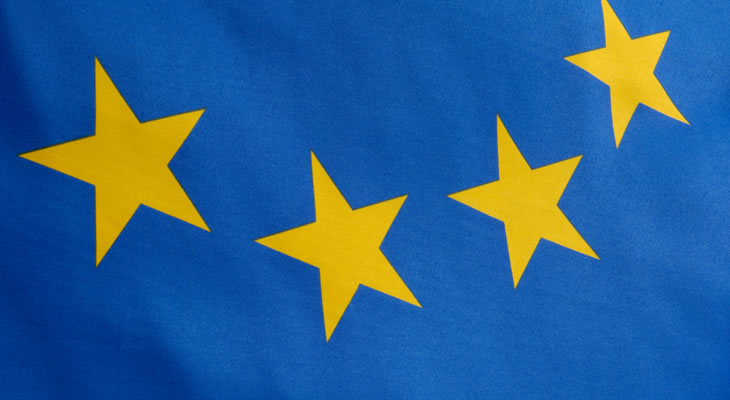Hopes of Delayed Brexit Deadline Boost Pound Sterling Euro (GBP/EUR) Exchange Rate
Hopes that Theresa May could formally rule out a no-deal Brexit saw the Pound Sterling to Euro (GBP/EUR) exchange rate rally sharply on Tuesday morning.
Markets were encouraged by speculation that the deadline for the UK’s exit from the EU could be extended by weeks, or potentially even months, to allow officials to reach an agreeable deal.
News that Labour may support a second referendum, under certain conditions, also helped to shore up Pound Sterling (GBP) as the odds of a no-deal Brexit diminished.
This saw the GBP/EUR exchange rate climb to its highest level since May 2017, even though the Brexit situation remains clouded in uncertainty.
If the prospect of an extension to Article 50 increases this could see the Pound extending its bullish run further, especially if the possibility of a second referendum also gains steam.
GBP/EUR Exchange Rate Remains Volatile amid Brexit Speculation
Speculation over Brexit looks set to provoke further volatility for the GBP/EUR exchange rate in the days ahead, with Parliament preparing to vote on the so-called Cooper amendment.
If the amendment, designed to effectively rule out the possibility of a no-deal Brexit, secures the backing of MPs this could give the Pound an additional boost.
As long as the odds of the UK leaving the EU in March without any deal in place decline GBP exchange rates are likely to remain on a stronger footing.
However, as forecasts point towards the GfK consumer confidence index easing from -14 to -15 in February this could put a dampener on the appeal of the Pound.
As long as the UK economy shows signs of losing momentum in the face of persistent Brexit-based uncertainty the potential for further GBP/EUR exchange rate gains looks set to prove limited.
Stronger Eurozone Inflation to Support Euro (EUR) Exchange Rates
The Euro (EUR) could find a rallying point this week, however, if the latest German and Eurozone consumer price index data improves as forecast.
While inflation is still expected to remain below the European Central Bank’s (ECB) 2% target any uptick may give EUR exchange rates a boost.
If inflationary pressures show signs of mounting within the Eurozone economy the case for further ECB dovishness would diminish, limiting the odds of monetary policy loosening in the coming months.
On the other hand, another month of easing inflation would offer ECB doves additional incentive to push for monetary policy to ease once again.
With the odds of a 2019 interest rate hike already limited another underwhelming set of inflation data could weigh heavily on demand for the single currency.
Unless inflation within Germany and the wider Eurozone shows signs of acceleration the GBP/EUR exchange rate may hold onto its bullish trend ahead of the weekend.


Comments are closed.